Home>Interior Design>5 Things Never To Store In A Fridge: You Have Been Warned


Interior Design
5 Things Never To Store In A Fridge: You Have Been Warned
Modified: August 30, 2024
Discover the top 5 items you should never store in your fridge. Protect your food and your health by avoiding these common mistakes. Learn more about interior design and proper storage practices.
(Many of the links in this article redirect to a specific reviewed product. Your purchase of these products through affiliate links helps to generate commission for Storables.com, at no extra cost. Learn more)
Introduction
Welcome to our guide on the five things you should never store in your fridge. We all know that the refrigerator plays a crucial role in keeping our food fresh and safe, but there are certain items that should never find their way into this cold storage appliance. While it may seem convenient to store everything in the fridge, it’s important to remember that some foods actually suffer from chilling. In this article, we’ll explore five common items that should be kept out of the fridge to maintain their freshness and flavor.
It’s worth noting that refrigerating certain foods can deteriorate their taste, texture, and overall quality. By understanding which items should be kept at room temperature, you can optimize the shelf life and taste experience of your kitchen staples. So, let’s dive in and discover the forbidden foods for the fridge!
Key Takeaways:
- Keep potatoes, onions, tomatoes, bread, and bananas out of the fridge to maintain their flavor and texture. Proper storage in cool, dry places will optimize their taste and extend their shelf life.
- Avoid refrigerating certain foods like potatoes, onions, tomatoes, bread, and bananas to prevent deterioration of taste and texture. Opt for cool, dry storage to maximize freshness and flavor.
Potatoes
Potatoes, a versatile and beloved staple in many cuisines, are often mistakenly stored in the refrigerator. However, chilling potatoes can actually alter their taste and texture. The cold temperature of the fridge can convert the potato’s starches into sugars more rapidly, resulting in a sweeter and grittier texture. Furthermore, the excess moisture in the refrigerator can cause the potatoes to become mushy and develop a strange taste.
Instead, it is best to keep potatoes in a cool, dark, and well-ventilated place, such as a pantry or a cellar. This will help them retain their natural flavor and prevent them from sprouting prematurely. If you have a large bag of potatoes, it’s advisable to store them in a basket or a mesh bag to promote airflow and avoid moisture buildup.
Remember to inspect your potatoes regularly and remove any that have started to sprout or show signs of rotting. By keeping them away from the fridge and properly stored in a cool environment, you can enjoy their full flavor and ensure they last longer.
Onions
Onions are a kitchen essential, known for their pungent flavor and versatility in various dishes. However, placing them in the refrigerator can be detrimental to their taste and longevity. The cold and humid environment in the fridge can soften the onions and cause them to become mushy and moldy.
The best way to store onions is in a cool, dry, and well-ventilated area, preferably away from direct sunlight. A pantry or a countertop in the kitchen is an ideal spot. It’s important to keep them separate from potatoes as well since the gases released by onions can accelerate the sprouting of potatoes.
If you have a partially used onion, it’s best to wrap it in a paper towel or place it in a breathable bag before storing it in a cool, dark spot. This will help minimize moisture and maintain the onion’s freshness for a longer time. Remember to regularly inspect the onions and discard any that have become soft or developed mold.
By storing onions correctly and keeping them away from the refrigerator, you can preserve their unique flavor and extend their shelf life, ensuring you always have fresh onions on hand for your culinary creations.
Tomatoes
Tomatoes, with their vibrant color and juicy texture, are a staple in many kitchens. However, storing tomatoes in the refrigerator can have a negative impact on their taste and texture. The cold temperature can cause the tomatoes to lose their flavor and become mealy.
Tomatoes are best stored at room temperature, preferably in a cool and dry area. This allows them to ripen naturally and develop their full flavor. If you have unripe tomatoes, placing them in a paper bag with a ripe banana or apple can help speed up the ripening process. The ethylene gas produced by the fruits will aid in ripening the tomatoes more quickly.
Once tomatoes are fully ripe, it’s best to consume them within a few days to enjoy their peak flavor. If you find yourself with extra ripe tomatoes, you can extend their life by making tomato sauce, salsa, or even freezing them for later use.
By avoiding the refrigerator, you can maintain the taste and texture of tomatoes, ensuring that they remain a delicious addition to your salads, sandwiches, and sauces.
1. Potatoes: Storing them in the fridge can cause the starch to turn into sugar, affecting the taste and texture.
2. Onions: The moisture in the fridge can make them moldy and affect their flavor.
3. Tomatoes: Cold temperatures can make them lose their flavor and become mushy.
4. Bread: It can become stale faster in the fridge due to the cold and moisture.
5. Honey: It can crystallize and become hard in the fridge, so store it at room temperature.
Bread
Bread is a daily staple that adds comfort and satisfaction to our meals. However, refrigerating bread is not recommended. The cold temperature of the fridge can cause the bread to dry out and become stale faster. It can also accelerate the retrogradation process, where the starches in bread recrystallize, leading to a firm and less enjoyable texture.
Instead, it is best to store bread at room temperature in a cool and dry place, such as a breadbox or a pantry. If you live in a hot and humid climate, you can store bread in a paper bag to allow some air circulation and prevent moisture buildup, which can lead to mold growth.
If you have a loaf of bread that you’re unable to finish within a few days, you can slice it and store it in the freezer. Freezing bread helps preserve its freshness and can easily be thawed whenever you’re ready to enjoy it. Simply take out a slice or two and let them defrost at room temperature or toast them for a warm and crispy bite.
By keeping bread at room temperature and avoiding the refrigerator, you can savor its softness, aroma, and deliciousness with every bite.
Bananas
Bananas are a beloved fruit that is enjoyed for its natural sweetness and versatility in various recipes. While they may seem like the perfect candidate for refrigeration, it’s actually best to keep them out of the fridge.
When bananas are exposed to cold temperatures, they undergo a process called chilling injury. This causes the peel to turn dark and the fruit inside to become mushy and unappetizing. Additionally, the cold temperature can slow down the ripening process, preventing bananas from reaching their desired level of sweetness.
The ideal way to store bananas is at room temperature. However, if you want to slow down the ripening process, you can separate the bananas and place them in a cool and dry place. You can also hang a bunch of bananas using a banana hook to keep them fresh and prevent them from bruising.
If you have ripe bananas and cannot consume them before they start to overripe, you can peel and freeze them. Frozen bananas are perfect for making delicious smoothies, banana bread, or even as a healthy frozen treat. Simply place the peeled bananas in a freezer bag and store them in the freezer until you’re ready to use them.
By keeping bananas out of the fridge and storing them at room temperature or in a cool, dry place, you can enjoy their natural sweetness and ensure they remain fresh for longer periods.
Conclusion
Knowing which items to avoid storing in the fridge is just as important as understanding how to properly store the ones that benefit from refrigeration. By following these guidelines, you can ensure that your foods retain their freshness, flavor, and quality for longer periods.
Potatoes, onions, tomatoes, bread, and bananas are just a few examples of items that should not be refrigerated. Instead, they should be stored in cool and dry places to optimize their taste and texture.
Remember, proper storage not only helps maintain the quality of these foods but also prevents unnecessary waste. It’s always a good idea to inspect your pantry and refrigerator regularly to check for any items that may need to be discarded or used before they spoil.
By incorporating these storage practices into your daily routine, you can maximize the longevity of your food, reduce food waste, and enjoy the best possible flavor and freshness in your meals.
So, the next time you stock up on groceries, keep in mind these recommendations and give your foods the optimal storage treatment they deserve.
Frequently Asked Questions about 5 Things Never To Store In A Fridge: You Have Been Warned
Was this page helpful?
At Storables.com, we guarantee accurate and reliable information. Our content, validated by Expert Board Contributors, is crafted following stringent Editorial Policies. We're committed to providing you with well-researched, expert-backed insights for all your informational needs.
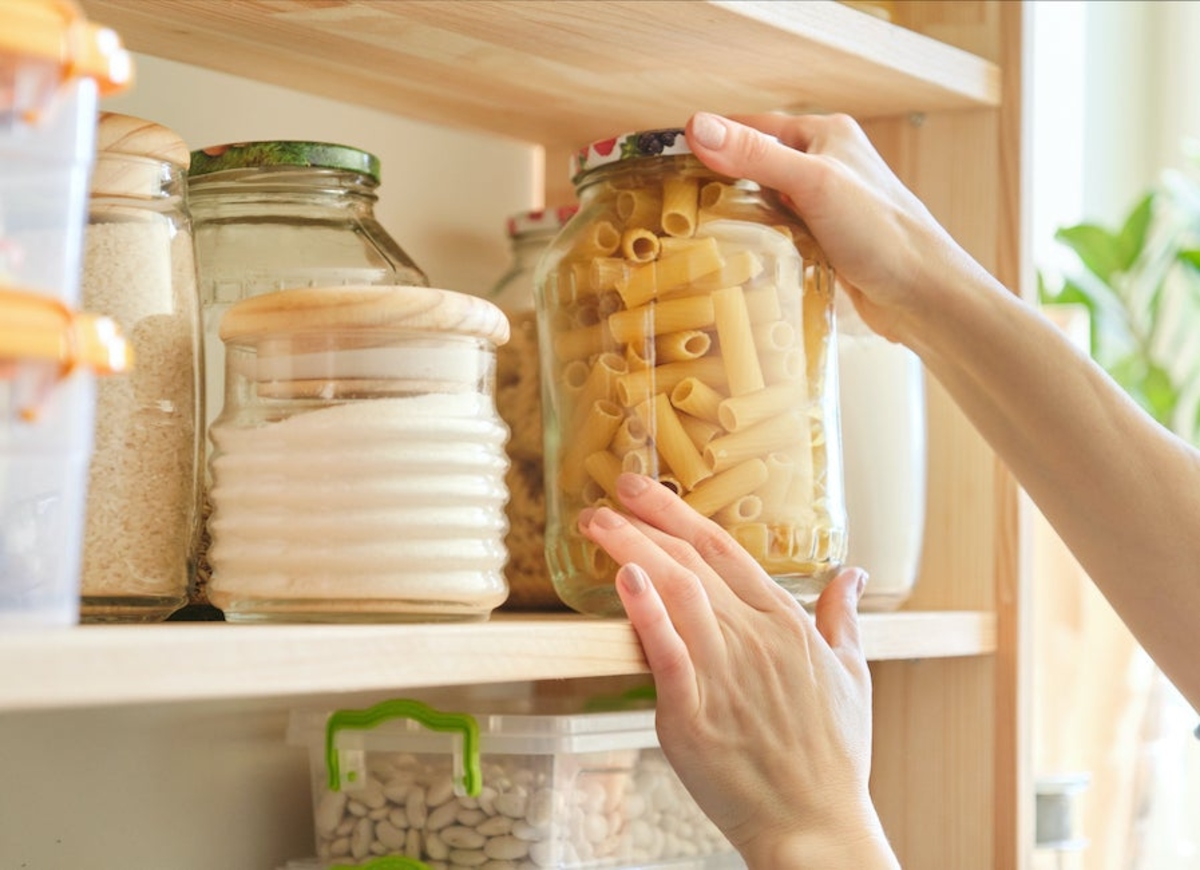

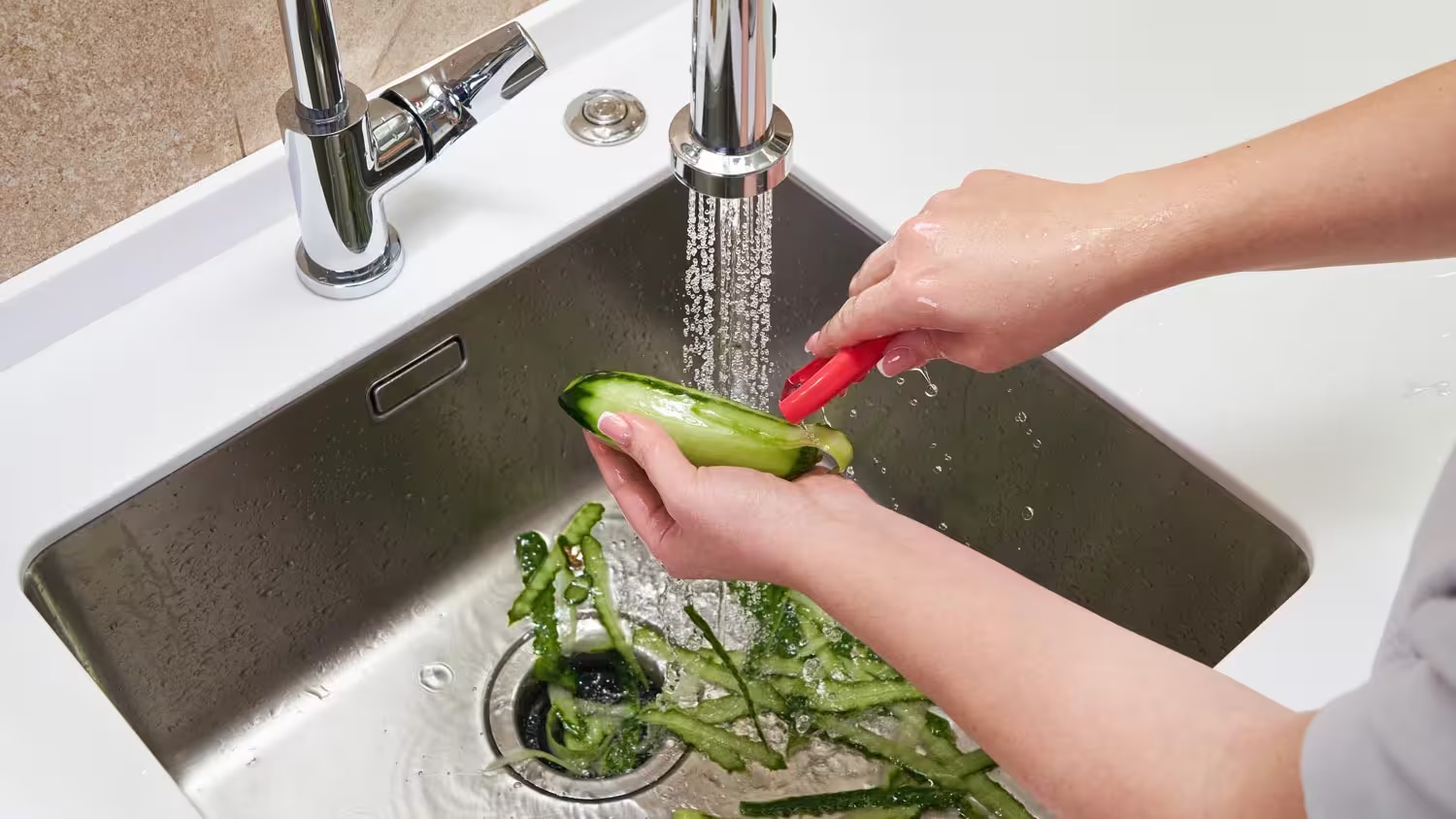



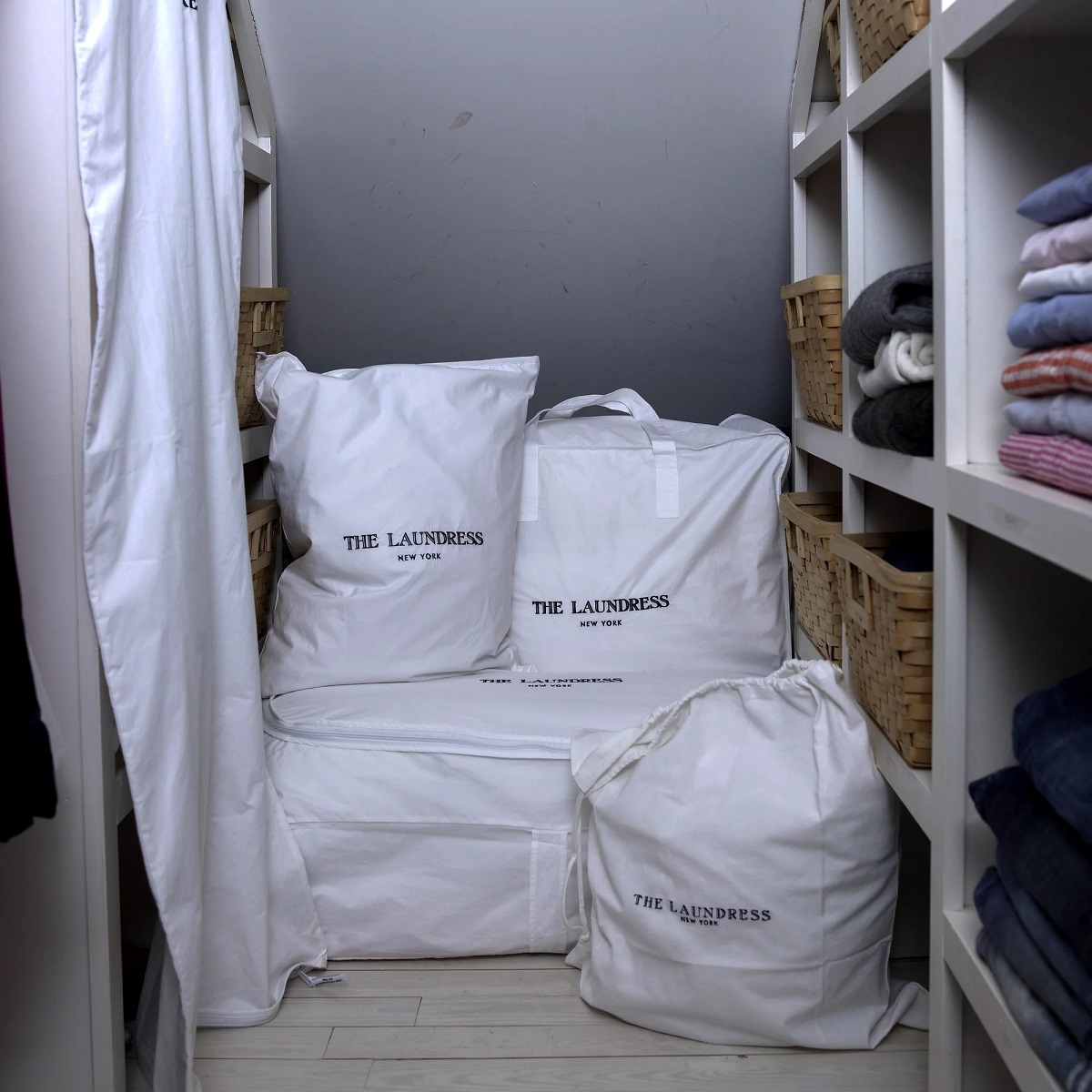
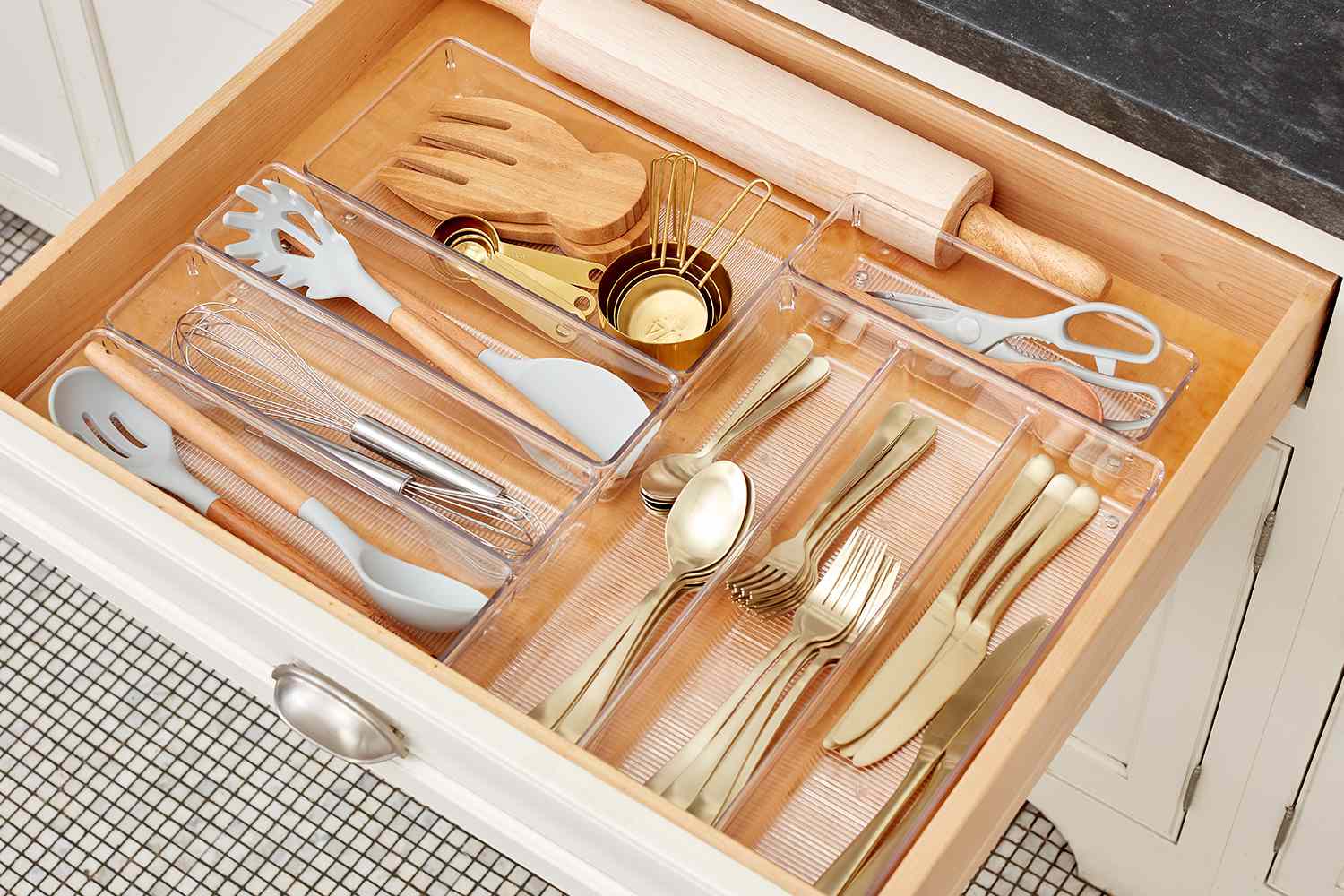


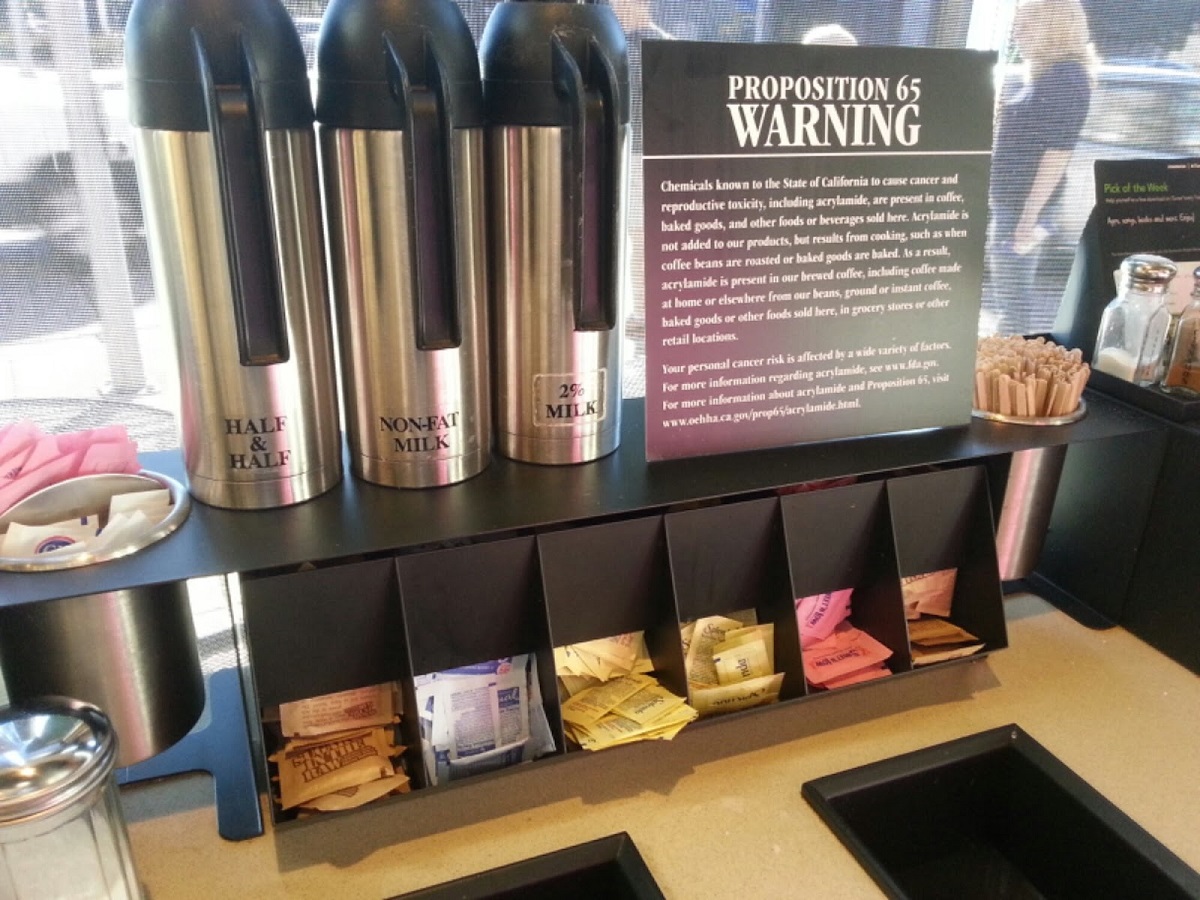
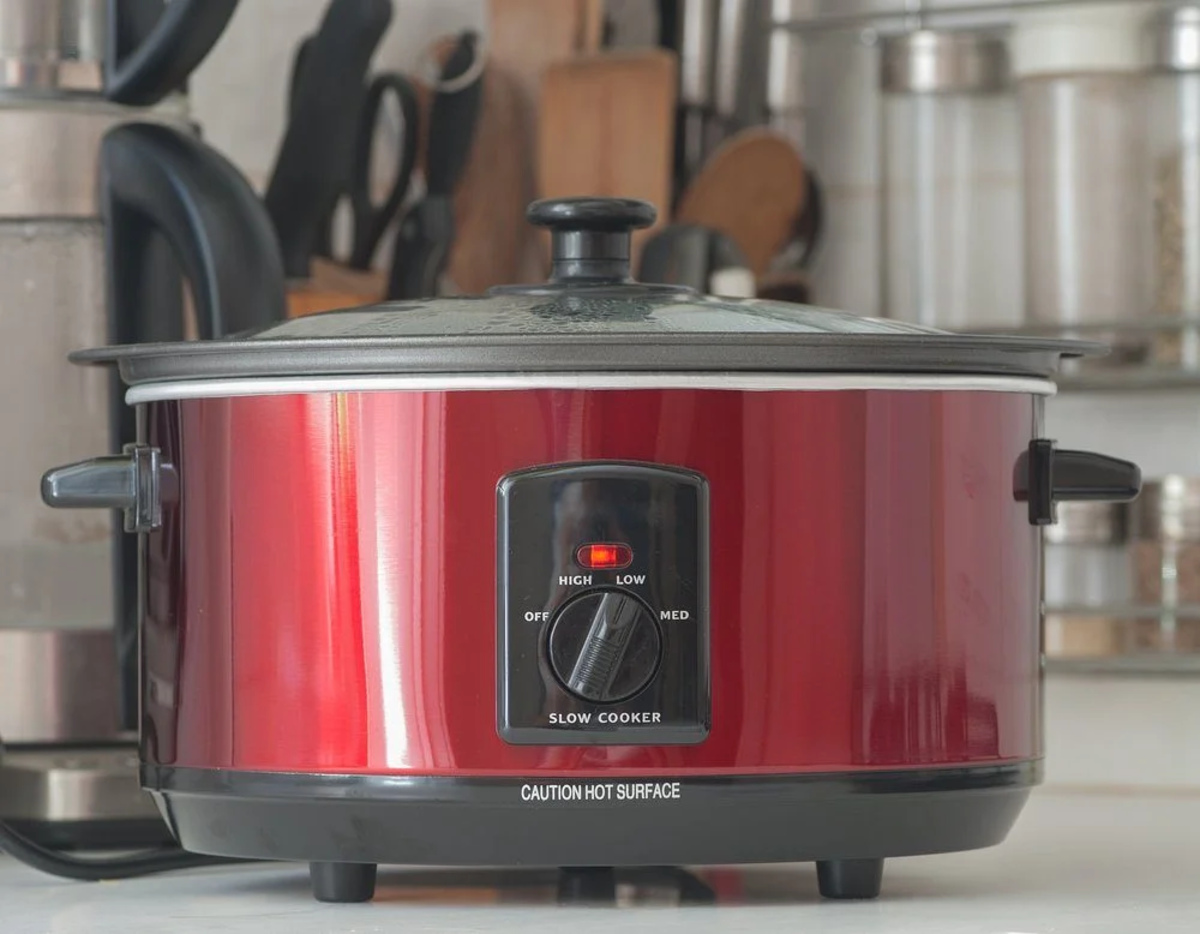



0 thoughts on “5 Things Never To Store In A Fridge: You Have Been Warned”